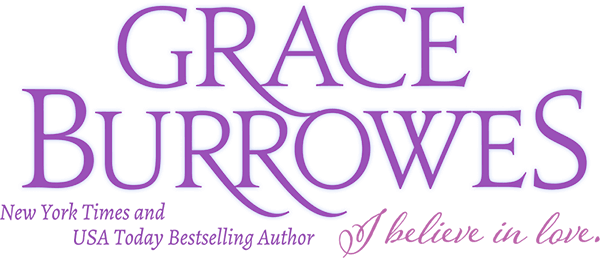Like a lot of Americans, I share an abiding affection for Scotland, and sociologically, there’s a reason for this.
The Scottish Highlands are among the least populous regions of any developed nation, in part because the terrain is challenging, but also because for centuries, Scotland has suffered a diasporo (or dispersion) of its people. From the 1700s onward, when hardier breeds of sheep developed, large landowners realized that sheep would be more profitable than continuing to allow small tenancies.
Entire villages were evicted (cleared), the only recourse left to the people to walk to the coastal cities and there find employment, starve, or immigrate. Then too, Scotland was prone to periodic potato famines, much like Ireland, and British politics weighed against a Scot who was too outspoken in support of democracy or a Jacobite (Stuart) monarchy. Finally, the Scottish regiments, traditionally deployed where the fighting was worst, created a portion of the population who’d seen the world–and seen the New World.
For the first hundred and fifty years of European colonization of the New World, the incoming population remained concentrated along the Eastern seaboard. Following the Battle of Culloden (1746), Scottish immigration into North American picked up velocity, including immigration by Scots who’d tried settling in Ireland in the early 18th century.
By 1800, the Scottish immigrants had a name, “The Disposable People.” So hungry for land of their own (something nearly impossible in Scotland) and a life of self-determination were the displaced Scots that they were usually the first to settle the westward wilderness. Hardship, isolation, hostile natives, thin rations, hard winters, nothing deterred the immigrant Scots from their quest for lives of freedom and self-sufficiency. By 1850, settlement stretched coast to coast.
Americans pride themselves on a number of characteristics–a willingness to work hard, attachment to family, honesty, resourcefulness and thrift among them. We refer to Yankee ingenuity and a Protestant work ethic, when in fact, these are the values brought to our shores by Scottish immigrants (among many others) and spread across our land by them and their children.
While the Scots are certainly not the exclusive progenitors of those values in our society, their role is significant. I think that accounts for why most Americans will look upon all things Scottish with a certain–deserved–fondness.








